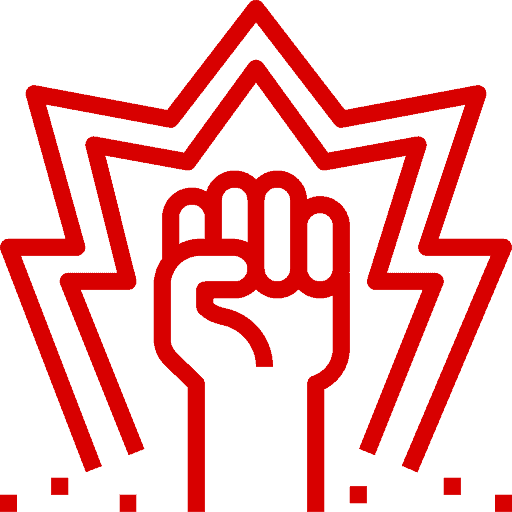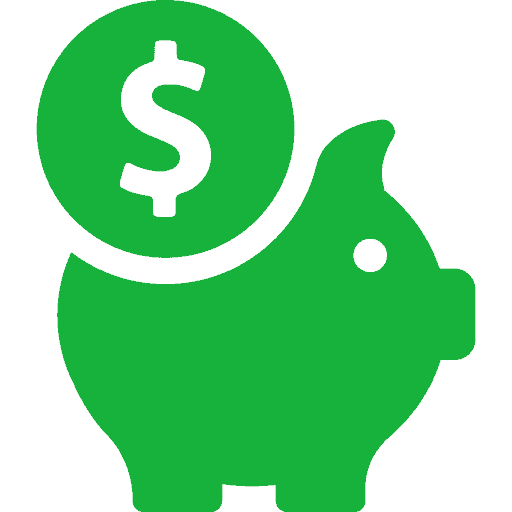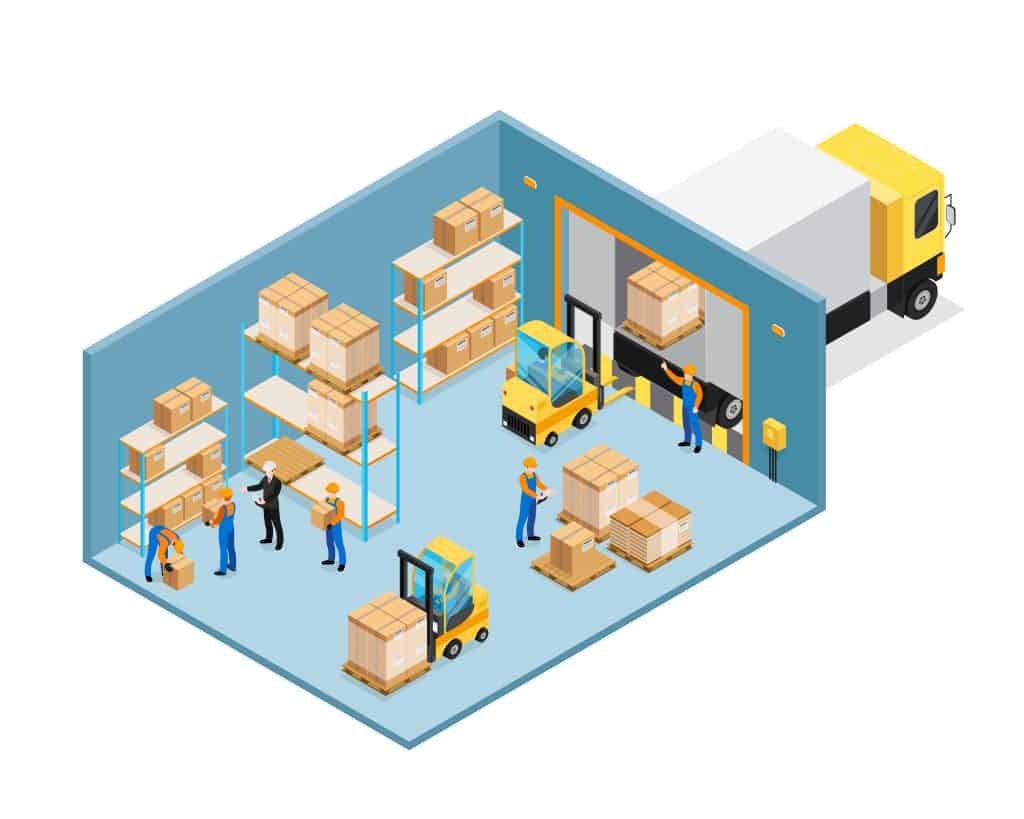Wholesale
What Does Wholesale Mean?
Wholesale is defined as buying goods in large quantities direct from manufacturers, distributors or warehouses. The wholesaler then resells these goods to other businesses. Because wholesalers buy goods in large quantities, they are able to acquire these at lower prices.
According to the Online Etymology Dictionary, the adjective wholesale has been around since the 15th century and means “large quantities”. It came from the words “whole” and “sale”.
Wholesalers can be considered as middlemen who buy from manufacturers or factories and then resell them to other businesses. Their business model is based on being the intermediary or the go-between for manufacturers and retail businesses. Their focus is on B2B rather than B2C. B2B is business to business while B2C is business to consumer. The B2C model is for retailers.
This is a basic supply chain example: manufacturer>wholesaler>retailer>customer. Take for instance a company that makes bedding. Manufacturers are responsible for designing pillows, duvets etc, sourcing materials and then manufacturing the products. They seek out wholesalers to buy their products in bulk. Wholesalers then market to retailers who in turn sell bedding to end users.
Benefits of Wholesale
Save Money
Because wholesalers buy goods in large quantities, they get them at lower prices. This equates to savings. Wholesalers make money by buying low and then selling high. Depending on how much you invest, you can surpass your competition by buying and selling in very large quantities.
Build a Network of Suppliers
Wholesalers rely on their suppliers and manufacturers for goods. This means that they rely on multiple businesses: for deliveries, good-quality products and contracts so that their business is able to run smoothly. This means building a positive relationship with suppliers so that your brand reputation is maintained.
Become an Authority

Because you buy goods in large quantities, you become an expert on what you’re selling. Wholesalers research what they’re selling, be it jewellery, car parts, textile, computers, wedding supplies, etc. This is because you want to sell high-quality products to other businesses. As you go about your research, you learn which products are better in quality and you become an expert in your industry.
You can then use this knowledge to establish yourself as an expert and can entice businesses to visit your store, website or online page.
Expand to Other Industries
As you enrich your knowledge, gain experience and build networks, you can expand to other industries with your wholesale business. For example, your jewellery business is a good complement to a wedding supplies business. Your computer wholesale business can expand to an IT company where you provide software and/or hardware support.
Distributor vs Wholesaler vs Retailer
It can be very easy to confuse these terms because they seem so similar. Distributors, wholesalers and retailers are all middlemen in a network that makes a product’s journey possible. All of them have responsibilities that define their role in the supply chain.
A distributor is an independent agent that goes into a contract with a manufacturer to sell their goods. Distributors face limitations from the manufacturer and are usually not allowed to distribute products that compete directly with the said manufacturer.
Distributors usually have a lot of stock stored in warehouses. When a manufacturer is contacted by a buyer for their goods, they usually direct the buyer to their chosen distributor.
A wholesaler can buy goods from warehouses run by distributors or from factories or manufacturers. They buy in bulk and usually specialise in a certain type of product. For instance, they can specialise in men’s shoes that they can sell to retailers. Wholesalers usually have lower stocks, compared to distributors. They can specialise in a single product or offer a variety of goods.
Retailers, on the other hand, are a type of business that deals directly with the consumer. To sell products, retailers get them from a wholesaler or distributor and then sell them for a profit. Generally, retailers buy goods in smaller quantities and then sell them at a high price to cover expenses like advertising, salaries, utilities, etc.
How do Wholesalers Make Money?
Wholesalers make money by buying products in bulk. For example, I have a retail business that sells stationery. If I buy an average of 100 pens per month at £10 each and I discover that my customers are only willing to buy my goods at £12, that gives me a measly £2 profit per pen.
Now, if a wholesaler buys 50,000 pens at £4 each and sells them to me at £8, he makes a good profit. This can be achieved through economies of scale. However, I am happy too because I can sell the pens for £12.

How Do Wholesalers Distribute Goods?
Wholesalers buy goods from a distributor or manufacturer such as Ottoman Textiles Ltd and then sell them to retailers who in turn sell them to customers. Suppliers usually research what products are trending so that they can supply the most up-to-date goods to retailers. This ensures a quick turnover of goods and stocks are kept fresh. Wholesalers buy the most cost-effective products after identifying the best manufacturers and distributors that can provide the trending product.

